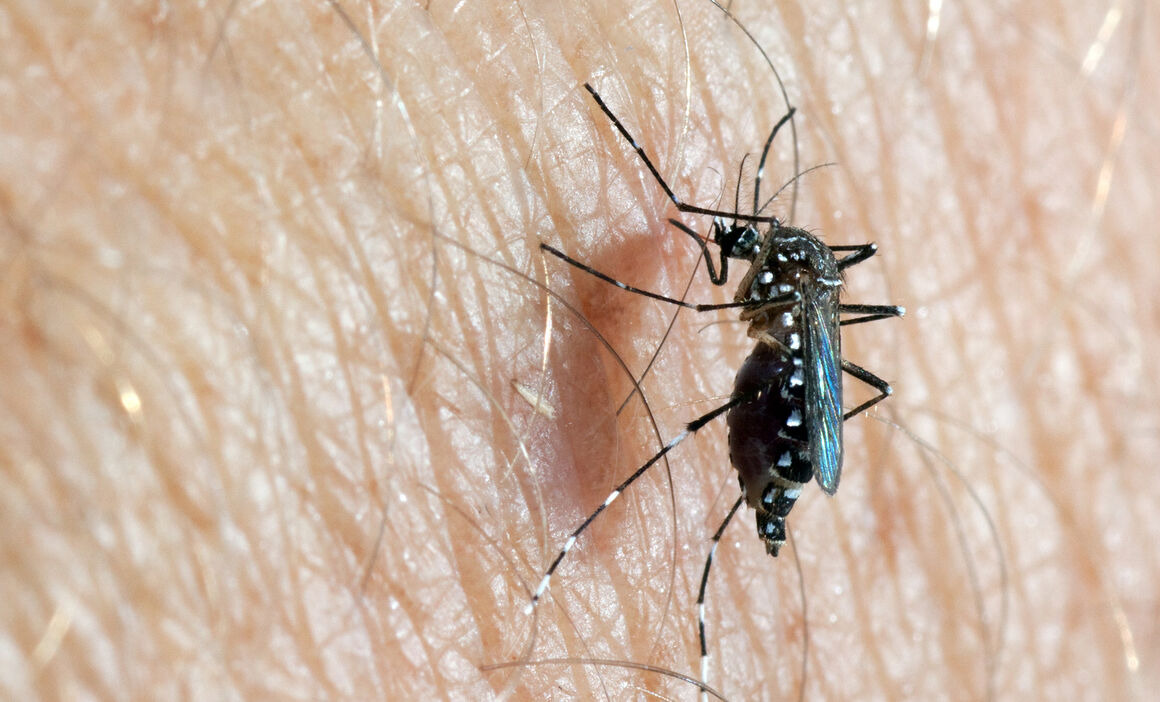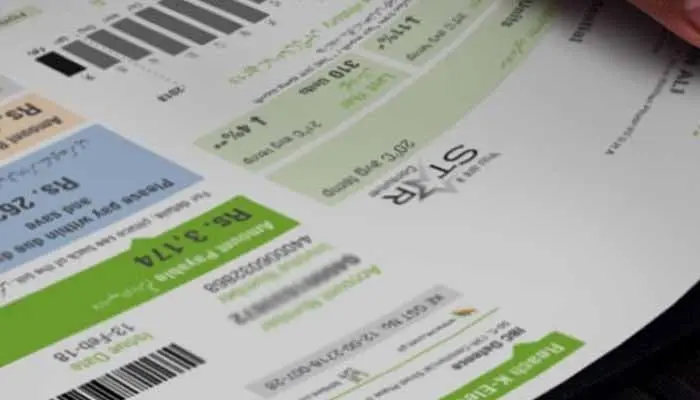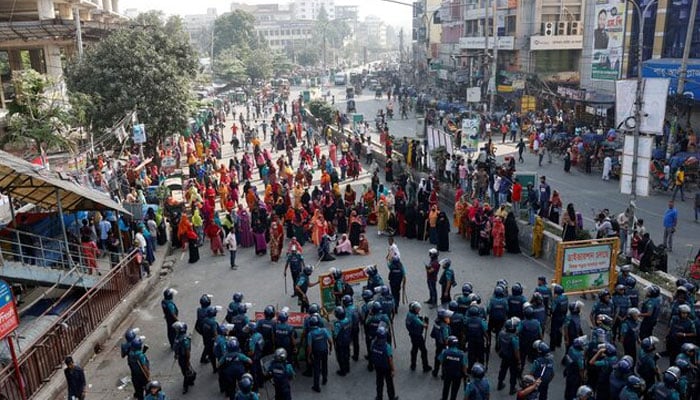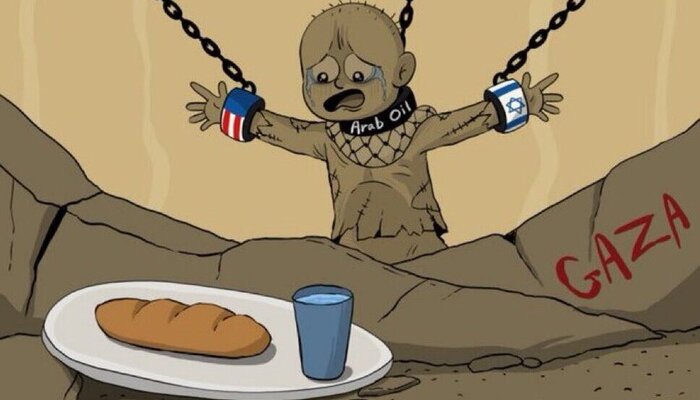
In a shocking and deeply disturbing development, Gaza’s government has accused the Israel and US-backed Gaza Humanitarian Foundation (GHF) of distributing flour laced with opioid drugs. According to officials, packages of aid distributed by GHF allegedly contained Oxycodone pills—a strong, addictive painkiller usually reserved for extreme medical cases. Photographs shared on social media by Palestinians reportedly show white pills found in flour sacks meant for desperate families in the besieged enclave.
Israel is starving Palestinians to the bone and drugging them into addiction. This isn’t war, it’s deliberate, systematic genocide. History will remember. And if we forgive, that blood is on our hands too. pic.twitter.com/eFa6smHAKX
— Alma 💫 ألمى (@almalevantina) June 28, 2025
Gaza-based pharmacist Omar Hamad confirmed on social media that he and others had personally found Oxycodone pills in at least four aid sacks. He warned that the drug, when misused, can cause severe addiction, depression of the nervous system, and in some cases, fatal respiratory failure. Gaza’s anti-drug committee has urged citizens to remain vigilant and report any suspicious substances found in humanitarian packages, calling these aid centres “death traps.”
Fifteen dollars for a few grapes. 🍇 pic.twitter.com/ENsUUvDBG7
— Omar Hamad | عُـمَـرْ 𓂆 (@OmarHamadD) June 29, 2025
Gaza’s media office held the Israeli occupation fully responsible, accusing it of trying to destabilize Palestinian society by spreading addiction from within. The implications are horrifying: if proven true, this act would represent a direct attack on the health, dignity, and fabric of a society already suffering under siege.
Killings at Aid Sites
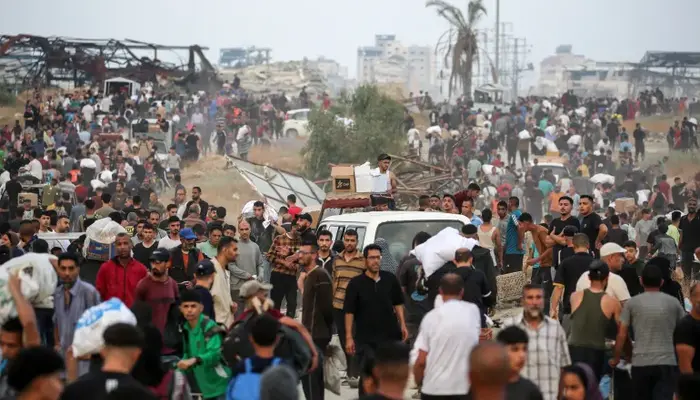
The drug-laced flour scandal comes on the heels of another grim pattern—the repeated killing of Palestinians while collecting food aid. Throughout the ongoing siege, several reports have emerged of Israeli forces opening fire on civilians at aid distribution points. These incidents have occurred at a time when food scarcity in Gaza has reached catastrophic levels, with children dying from malnutrition and the UN warning of famine.
Rather than ensuring safe access to life-saving supplies, aid distribution has turned into a deadly gamble. Families searching for flour or baby formula are instead met with gunfire, further underscoring the grim reality of humanitarian aid being used as a political and military tool.
For many in Gaza, humanitarian aid is not just scarce—it’s dangerous. This is not just a logistical failure. It is a moral and legal crisis.
UN and the Weaponization of Food
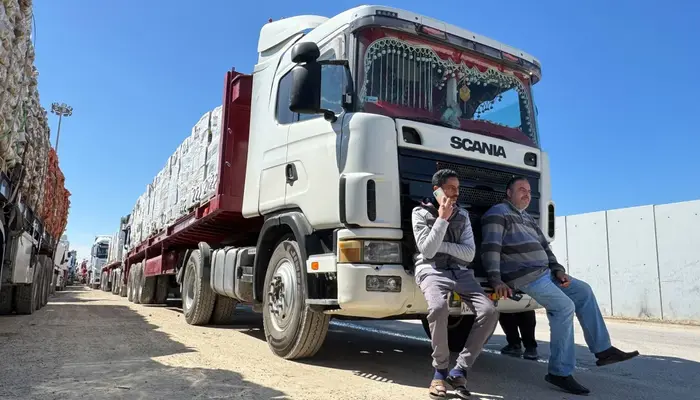
The United Nations recently issued a strong warning against what it called the “weaponization of food” in Gaza. The statement came amid rising death tolls at aid sites and mounting evidence of aid manipulation. According to international law, especially the Geneva Conventions, blocking or manipulating humanitarian aid to harm civilians constitutes a war crime.
Using food as a bargaining chip, or worse, a weapon of war, directly violates the principles of humanitarian assistance. Aid must be neutral, impartial, and driven solely by the need to save lives. When humanitarian corridors are turned into ambush zones or poisoned with drugs, the aid loses its meaning and becomes a tool of oppression.
Aid as a Political Tool
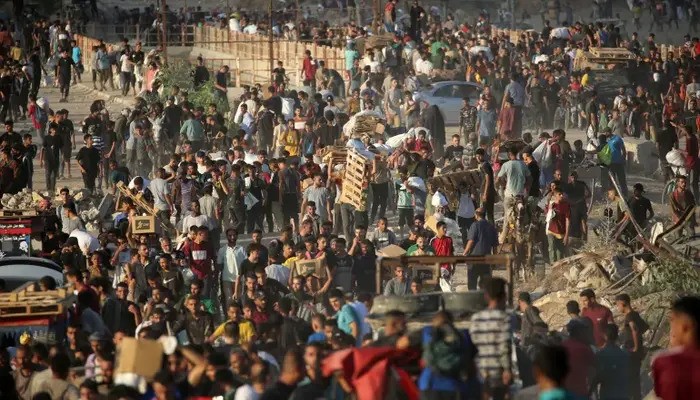
Unfortunately, Gaza is not the first region where aid has been manipulated. In Ethiopia’s Tigray conflict, both the government and rebel groups were accused of blocking and redirecting aid for strategic gains. In Yemen, warring parties have looted food convoys and weaponized aid routes to punish civilians.
Even in the Balkans during the 1990s, humanitarian convoys were often halted by armed forces and used as leverage. These examples illustrate a disturbing global pattern: when powerful actors control the flow of aid, it can easily be turned into a weapon rather than a lifeline.
Pakistan Condemns Israel, US Attacks on Iran as ‘Unjustified Aggression’
In Gaza, the situation is amplified by Israel’s near-total control of border crossings and the movement of goods. The aid that finally enters is sporadic, heavily scrutinized, and, according to recent accusations, contaminated.
Media Silence, Legal Violations
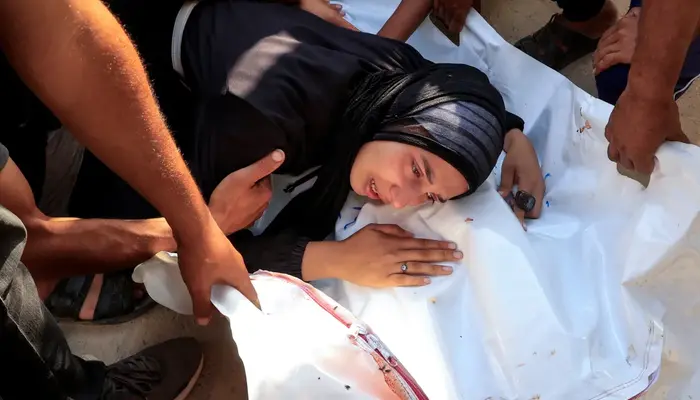
Despite the gravity of these accusations, mainstream international media has been slow to respond. This silence creates a vacuum where disinformation thrives, and public accountability fades. Without international outrage, perpetrators remain emboldened.
However, social media has become a critical tool in exposing these injustices. Images shared by ordinary Palestinians, backed by statements from local health professionals and officials, are forcing the world to pay attention. Human rights organizations are now calling for an independent investigation into the aid distribution process in Gaza.
According to international humanitarian law, especially the Rome Statute of the International Criminal Court, deliberately using aid to harm civilian populations can amount to a war crime. If proven, the use of drug-laced flour and attacks on aid seekers are not just ethical failures but prosecutable offenses.
Public pressure matters. We’ve seen it before in South Africa’s apartheid era and in recent movements for Palestinian rights. As the truth emerges about aid in Gaza, voices worldwide must rise to demand justice, accountability, and, most importantly, the safe, untainted delivery of aid to those who need it most.
Aid Should Heal, Not Harm
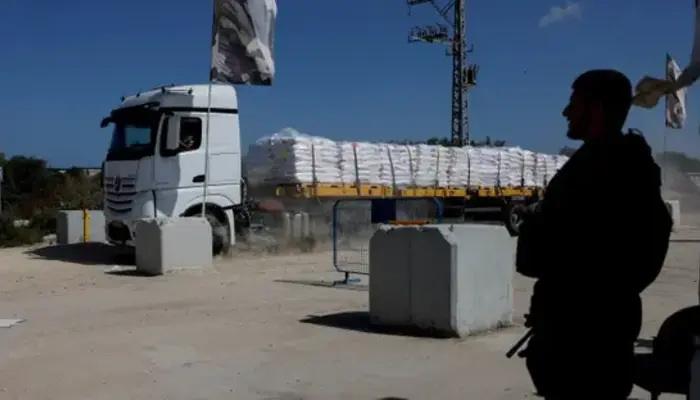
Humanitarian aid should be a symbol of hope—a bridge to survival in times of crisis. But in Gaza, that bridge is crumbling under the weight of politics, war, and calculated cruelty. The alleged use of drug-laced flour and targeted killings at aid sites are dark reminders of how far humanitarian norms can fall when accountability is absent.
This is a call to the global conscience: aid must never be weaponized. It must remain sacred, neutral, and lifesaving. Because in the end, a bag of flour should feed a family—not destroy one.
Follow us on Instagram, YouTube, Facebook,, X and TikTok for latest updates






